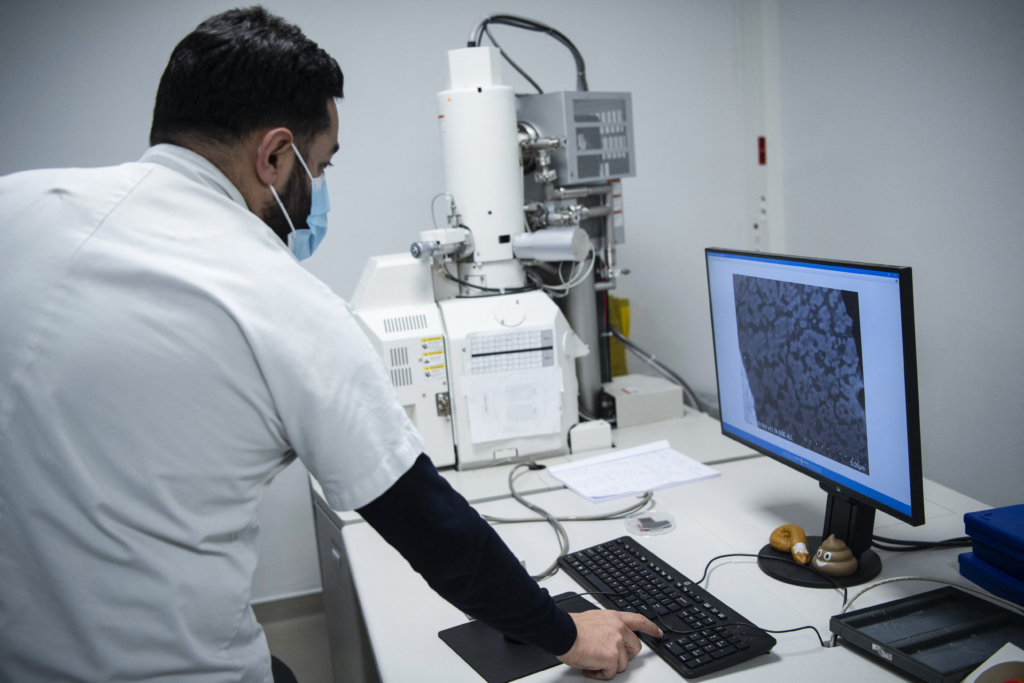
Many of the breakthrough innovations and convenience that humans enjoy today are a result of hundreds of years of research. Many scholars and successful career-driven people with high-paying jobs get their first taste of research when doing school-based projects, and their research capabilities intensify as they move on to higher education.
These research skills are not only important to enhance their personal and professional development, but they can also be applied in non-academic contexts.
Examples of research skills include tactics in searching for information, strong attention to detail, taking notes, having great time management skills, problem-solving skills and communicating results.
These skills can be developed in a research-based postgraduate programme.
Data also shows that postgraduate degree holders earn more than degree and non-degree holders.
To put into context, data from the US Bureau of Labour Statistics (BLS), the average annual wage earned by American workers totalled 58,260 US dollars a year.
The median usual weekly earnings for a master’s degree holder is US$1,497, or nearly US$72,000 per annum.
“Each level of education you complete may help you develop more skills, give you access to higher-paying occupations, and signal that you’re able to follow through on important tasks, such as planning ahead and meeting deadlines, that employers value,” notes the BLS.
The type of jobs you can secure depends on the specific fields you choose to pursue an interest or gain qualifications in, but a postgraduate qualification can help candidates earn a higher-paying job than what the average worker takes home.
With that being said, here are five jobs that candidates with strong research skills can pursue. Estimates of average salaries for each job are according to data from the BLS.
Economist

Students with a postgraduate qualification could increase their chances of landing a high-paying job. Source: Remy Gabalda/AFP
Median annual wage: US$108,350 per year (May 2020)
Recommended postgraduate programmes for this role: MSc Economics, MSc Applied Science or PhD in economics
Economists collect and analyse financial and socioeconomic data, advise businesses and governments on economic decisions, and develop models for economic forecasting.
An economist, or research economist, studies and analyses market activity. They look at the bigger sphere of the production and distribution of resources, goods and services by collecting and analysing data, researching trends and evaluating economic issues.
Actuary
Mean annual wage: US$125,300 (May 2021)
Recommended postgraduate programmes for this role: MSc Actuarial Science, MSc Mathematics
Recommended advanced certification: Certified Actuarial Analyst (CAA)
An actuary analyses and manages the financial risks of a business. The research aspects which are incorporated into the role include using advanced statistics and modelling to understand data, identifying liabilities and risks, identifying trends and assisting actuaries with designing and pricing insurance policies. They identify and verify new sources of data too.
To be successful in this role, actuarial analysts are required to have good mathematical skills and analysis. In hindsight, actuaries make strategic decisions and communicate solutions for complex financial issues.
Pharmacist

An experimental pharmacologist utilises their research skills to develop new drugs by studying chemical compounds and conducting hours of lab work. This in-demand job is one of the highest-paying jobs for graduates. Source: Frederic J. Brown/AFP
Median annual wage: US$128,710 (May 2021)
Recommended postgraduate programmes for this role: Master’s of Pharmacy, MSc Biochemistry, PhD.Pharmacology
The roles and responsibilities of a pharmacist include dispensing prescription medications, providing pharmaceutical information to healthcare professionals, ensuring that customers do not mix medications that cause unwanted medical effects and educating customers on the safe use of medications.
Pharmacists often work in a clinical setting. Through clinical research and trials, pharmacists aid physicians to determine which drug therapies best provide effective treatment for various diseases. Pharmacists also determine which drugs may be overprescribed or have their usage underutilised.
Management analyst
Median annual wage: US$87,660 (May 2020)
Recommended postgraduate programmes for this role: MBA, MSc Finance
A management analyst is responsible for conducting and preparing operating procedures and operating manuals to assist the management of a company to operate its business more efficiently and effectively.
They conduct surveys and research and analyse current organisational processes to come up with opportunities for improvement.
Information collected can be used to deliver recommendations for improvement to key stakeholders and decision-makers. They will also keep leadership and management teams updated with the ongoing progress and challenges that the organisation is facing.
Computer and Information Research Scientists

Most of the modern-age computing technology that humans enjoy today were invented and designed by computer and information research scientists. Source: Christophe Simon/AFP
Median annual wage: US$126,830 (2020)
Recommended postgraduate programmes for this role: MSc Computer Science or PhD Computer Science.
Computer and information research scientists conduct hours of research to study the new uses of existing technology, and they use their research findings to invest in and design new computing technology. They study and solve complex problems in computing for various fields, whether it for medical technology, business operations or investigating lab work for scientists.
Computer and information research scientists find out what complex issues affect people in terms of computational needs. They then develop theories and models to address those issues, and proceed to either invent, develop or design practical solutions to solve existing computing problems.
After analysing the results of their experiments, computer and information research scientists will publish their findings in academic journals.









